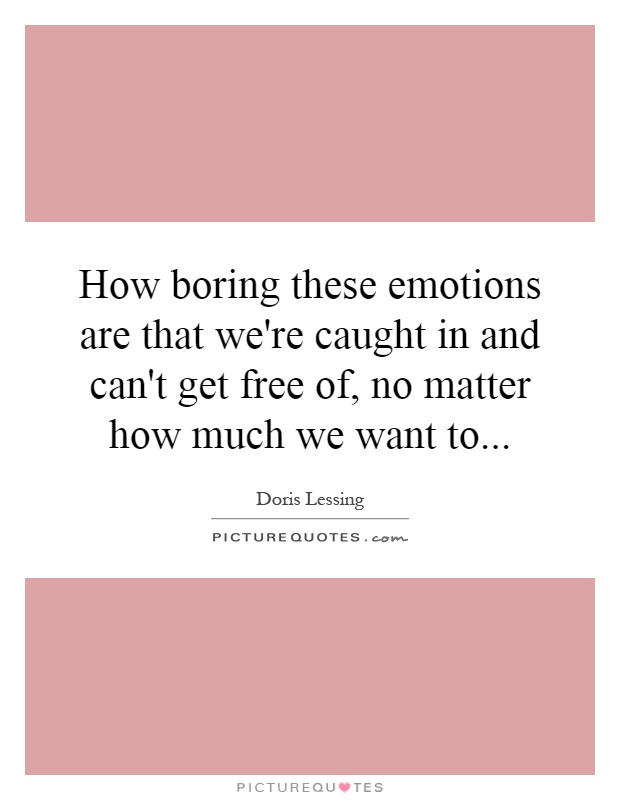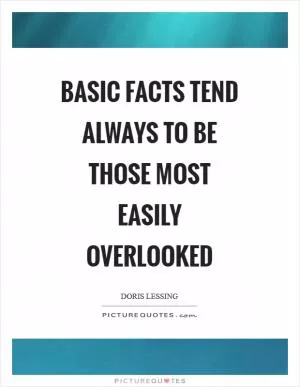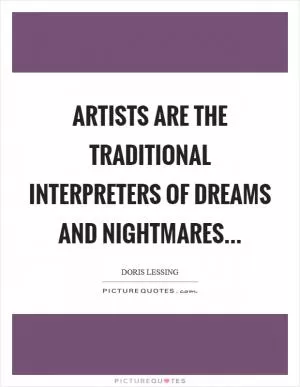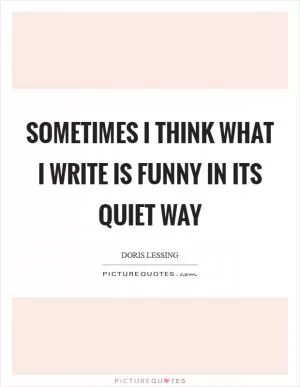How boring these emotions are that we're caught in and can't get free of, no matter how much we want to

How boring these emotions are that we're caught in and can't get free of, no matter how much we want to
Doris Lessing, a renowned British novelist and essayist, often explored the complexities of human emotions in her works. In her writing, she delved deep into the inner workings of the human psyche, examining the ways in which we are often trapped by our own emotions. Lessing's characters frequently grapple with feelings of boredom, frustration, and stagnation, unable to break free from the emotional patterns that hold them captive.One of Lessing's most famous works, "The Golden Notebook," is a prime example of her exploration of the monotony and tedium of human emotions. The novel follows the protagonist, Anna Wulf, as she struggles to make sense of her life and relationships. Throughout the book, Anna grapples with feelings of boredom and disillusionment, unable to escape the emotional rut in which she finds herself.
In "The Golden Notebook," Lessing portrays the ways in which we are often trapped by our own emotions, unable to break free from the patterns that hold us back. Anna's struggles with boredom and frustration are emblematic of the human condition, as we all grapple with the monotony and tedium of everyday life.
Lessing's exploration of these themes is both poignant and thought-provoking, forcing readers to confront their own emotional limitations and the ways in which we are often held captive by our own feelings. Through her writing, Lessing challenges us to break free from the emotional constraints that bind us, urging us to seek out new experiences and perspectives in order to escape the boredom and stagnation that so often plague our lives.












 Friendship Quotes
Friendship Quotes Love Quotes
Love Quotes Life Quotes
Life Quotes Funny Quotes
Funny Quotes Motivational Quotes
Motivational Quotes Inspirational Quotes
Inspirational Quotes